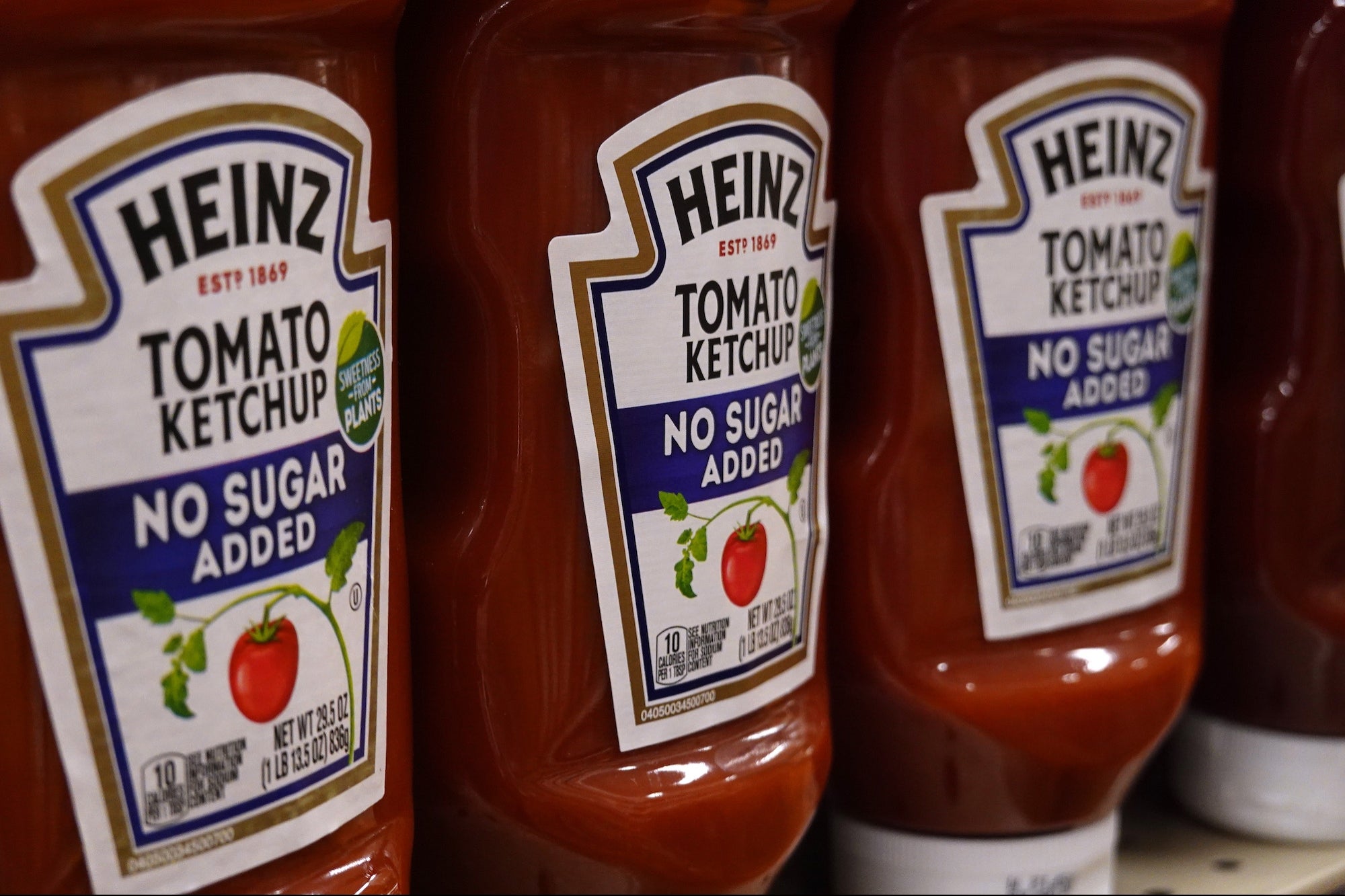A Reformed Hoarder's Guide to Records Storage Effective record-keeping is one thing. Holding on to piles of paper is another thing altogether.
By J.D. Roth
Opinions expressed by Entrepreneur contributors are their own.
 My name is J.D., and I'm a hoarder. I'm afraid to toss anything, particularly financial records. For more than two decades, I've been stuffing shoeboxes with Subway receipts, canceled checks and Amazon invoices.
My name is J.D., and I'm a hoarder. I'm afraid to toss anything, particularly financial records. For more than two decades, I've been stuffing shoeboxes with Subway receipts, canceled checks and Amazon invoices.
Recently I moved from an 1,800-square-foot house (plus storage space) to a 700-square-foot apartment. Necessity forced my hand: I had to learn which financial records to keep and for how long. Here are the questions I pondered.
Why? There are two basic reasons to keep records.
- To document history. You want to be able to prove to the IRS that you really did buy the computer you claimed as a business expense, to tell the repairman that the computer is still under warranty or to show the insurance company you owned the computer that was stolen.
- For your own information. If you're a data junkie, you might want a record of how much you spent on that baby gift for your neighbor or when you last bought a new vacuum.
What? Whether your documents are digital or on paper, the IRS recommends holding on to basic records in four categories.
- Income: W-2 forms, 1099 forms, bank statements and brokerage statements.
- Expenses: Sales slips, invoices, receipts and canceled checks. Proof that you donated to charities falls into this category, too.
- Home: Closing statements, invoices, insurance records, remodeling receipts and other proofs of payment.
- Investments: Brokerage statements, mutual fund statements, 1099 forms and related documents.
When? There's a sweet spot between tossing all receipts before you leave the store and keeping evidence of every sandwich you've ever eaten. The IRS guidelines are a little complicated, but, in general, you should keep financial documents for the following lengths of time.
- One month: Receipts. Once you've reconciled the charge with your bank or credit card statement, if you don't need the receipt for tax, insurance or warranty purposes, toss it.
- Until your annual statement arrives: Paycheck stubs and quarterly 401(k) statements.
- Seven years: Hold on to brokerage confirmations for seven years after you sell your securities (stocks, bonds, etc.). Keep tax-related documents, including records of charitable contributions and business expenses, for at least this long.
- Until you sell: Records about your home, including remodeling projects.
- Forever: Records of IRA contributions.
Where? Scanned documents work as well as hard copies for everything except your will, and the paperless route is clutter-free. Document scanners make it easy to convert paper statements to PDFs, which can be backed up to an online service like Dropbox. If you insist on keeping hard copies, collect your receipts and records for any given year in one large envelope with the date marked on the outside.
I was pleased to learn that I don't need to keep most of the financial documents I had squirreled away for decades. To celebrate, I built a toasty fire and burned my financial history. Instead of 20 shoeboxes filled with Subway receipts, I brought just one into my new place. I saved the moving receipts, of course.









